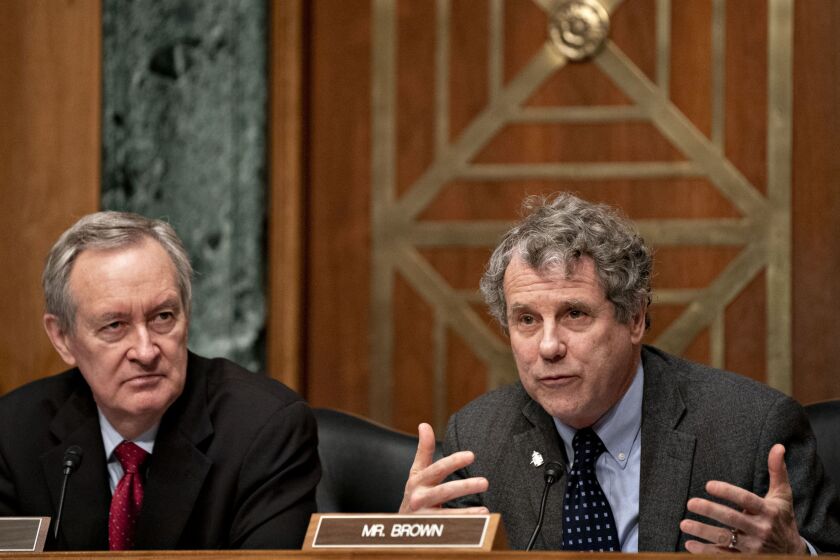“This is a demand and supply shock,” Jay Clayton said, adding that he’s concerned businesses might not have access to all the credit they need.
Financial institutions’ legislative agenda was already a low priority in Congress. Lawmakers’ efforts to stabilize the economy have shifted attention even farther away from bills that would benefit the industry.
The comptroller, citing projected losses in entertainment and tourism while the city is virtually closed, called for a savings target of 4% of tax levy-funded agency spending.
The Federal Open Market Committee lowered the fed funds rate target to between zero and ¼% in an emergency meeting on Sunday, but while analysts say the move was needed, they feel it will take more to offset the effects of COVID-19.
A national moratorium would be costly to lenders and servicers, but proponents say it's needed to help cushion the economic blow of the pandemic.
The actions include cutting the federal funds rate to between 0% and 0.25% and other steps to ease economic stress from the spread of the coronavirus.
The National Society of Accountants, NCCPAP and the AICPA are asking the IRS and Treasury for tax relief during the pandemic.
How severe a financial hit New York City will take during the COVID-19 pandemic is as much of an unknown as the degree of virus spread.
Sen. Sherrod Brown of Ohio, the top Democrat on the Banking Committee, said financial institutions "need to be investing in their communities right now, not investing in their CEOs’ stock portfolios.”
Financial executives who visited the White House pledged to help small businesses and consumers get through any economic damage as the virus continues to spread. They also encouraged the government to support fiscal stimulus policies.














